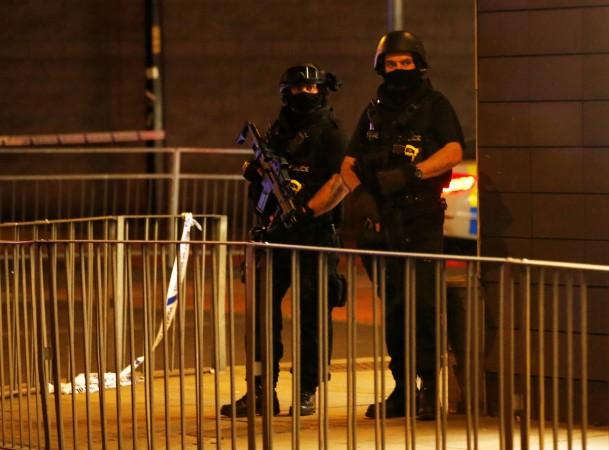
The Islamic State group — also known as the Islamic State of Iraq and Syria (ISIS) or the Islamic State of Iraq and the Levant (ISIL) — has taken responsibility for the terror attack at the Manchester Arena where 22 people were killed and scores injured while attending a concert by Ariana Grande.
It may be noted here that ISIS had claimed responsibility for the UK Parliament terror attack that had taken place in London just about two months ago, but there were some doubts expressed over such claims. Experts have come to believe in recent times that ISIS has claimed more attacks than it has carried out, and that the terrorist group has also tried to associate itself with those attacks carried out by people it has merely influenced.
As had been the case during the London attacks, this time too the ISIS claim has come through a news agency called Nashir, which leans towards the terrorist group in its coverage. However, it has thrown up a few major questions.
Is the terrorist still at large?
Journalist Rukmini Callimachi has pointed out that while the statement from ISIS has talked of a "soldier of the Caliphate" placing "explosive devices" at the Manchester Arena that resulted in the deaths of people, it has made no mention of the martyrdom of this so-called soldier.
She has hence speculated that the terrorist who may have placed the bomb at the venue may still be at large, which goes against the UK official statement that the man who detonated the bombs was killed in the explosion itself.
ISIS claim may be false?
Callimachi has said, citing a SITE Intelligence Group translation of the ISIS statement, that the terror attack was carried out to avenge "transgressions against the homes of Muslims." She added on Twitter: "So far officials indicated that the attack was likely carried out by a single suicide bomber. Claim suggests it was devices left behind."
She added: "What's not divulged is whether ISIS had contact with the attacker. Remember ISIS considers inspired attacks to be part of core strategy." This discrepancy between what the UK authorities believe and the ISIS claims may be because the terrorist group could be claiming an attack that had not been carried out by one of its own.















